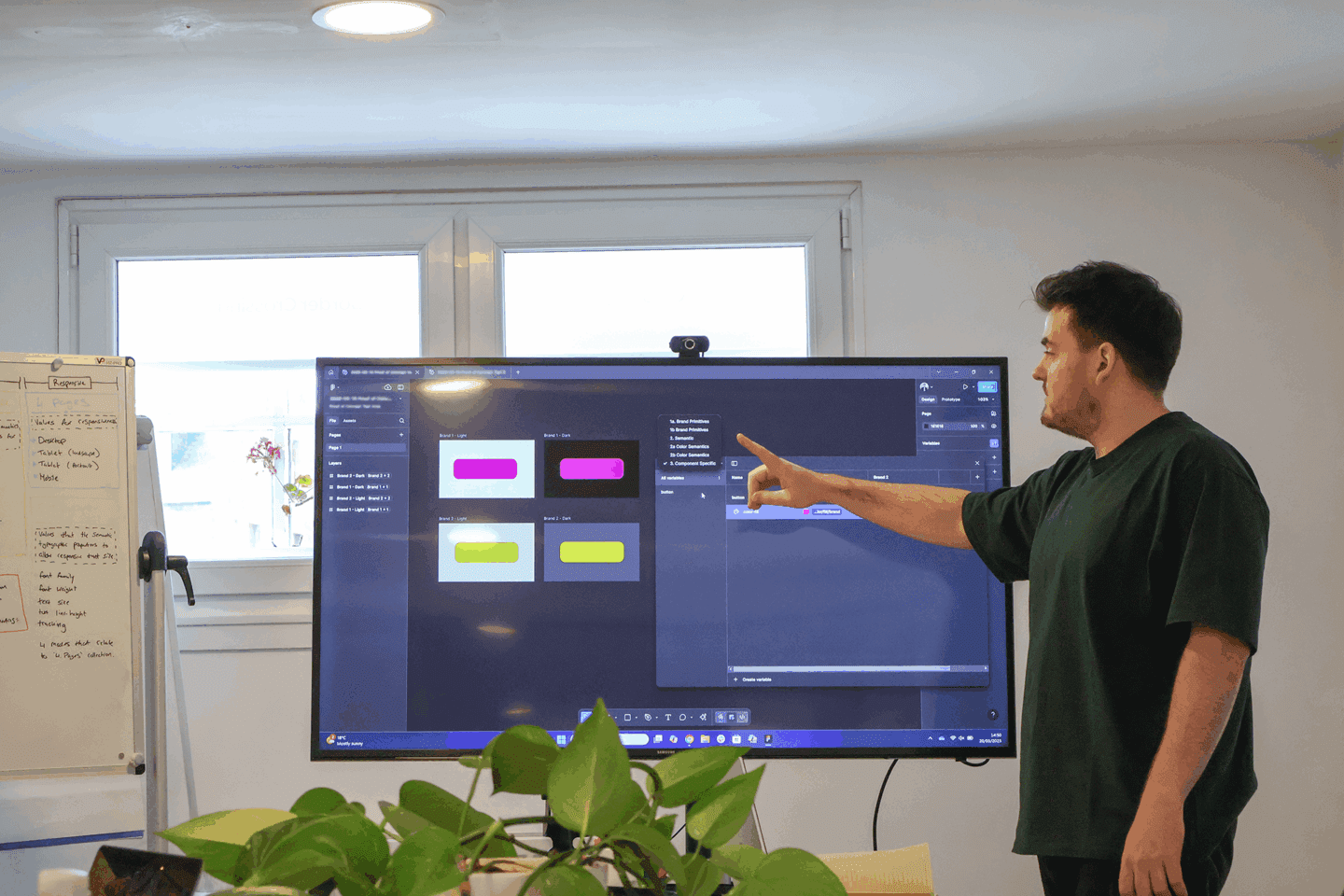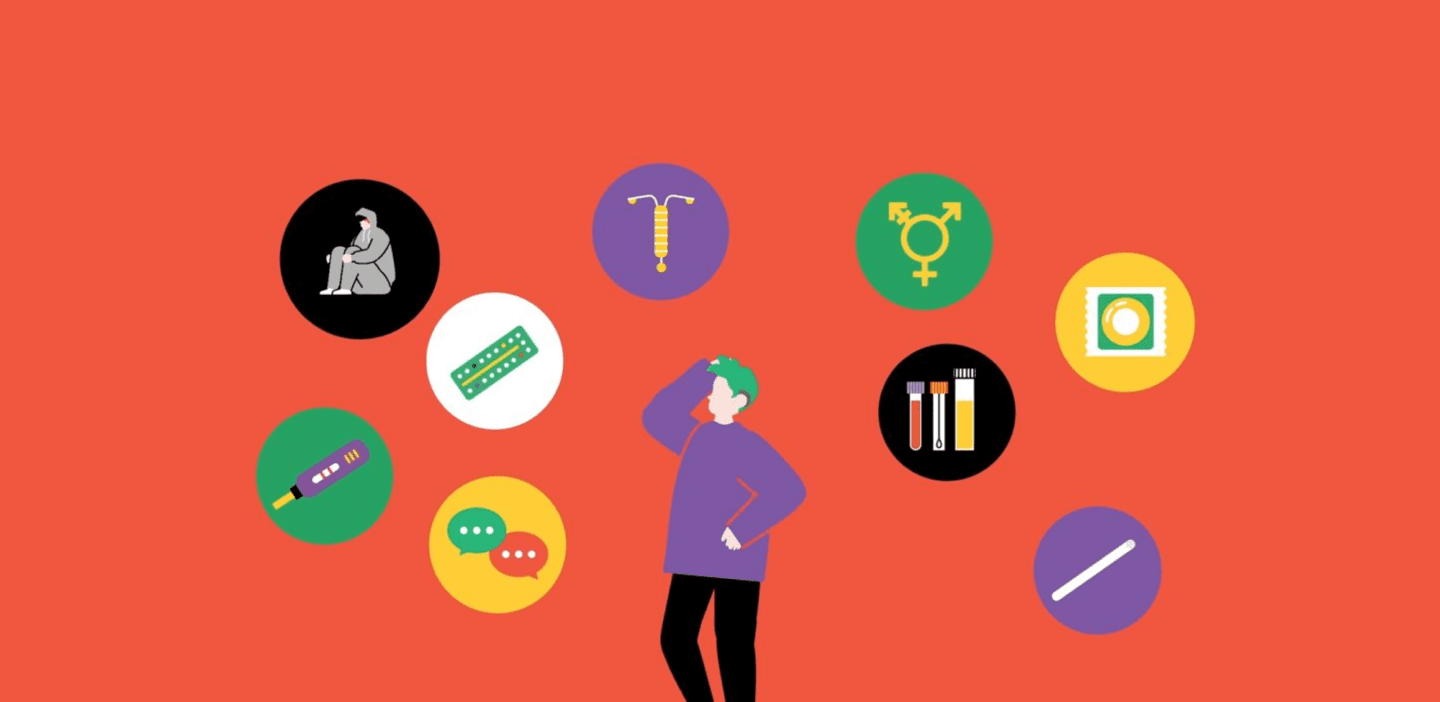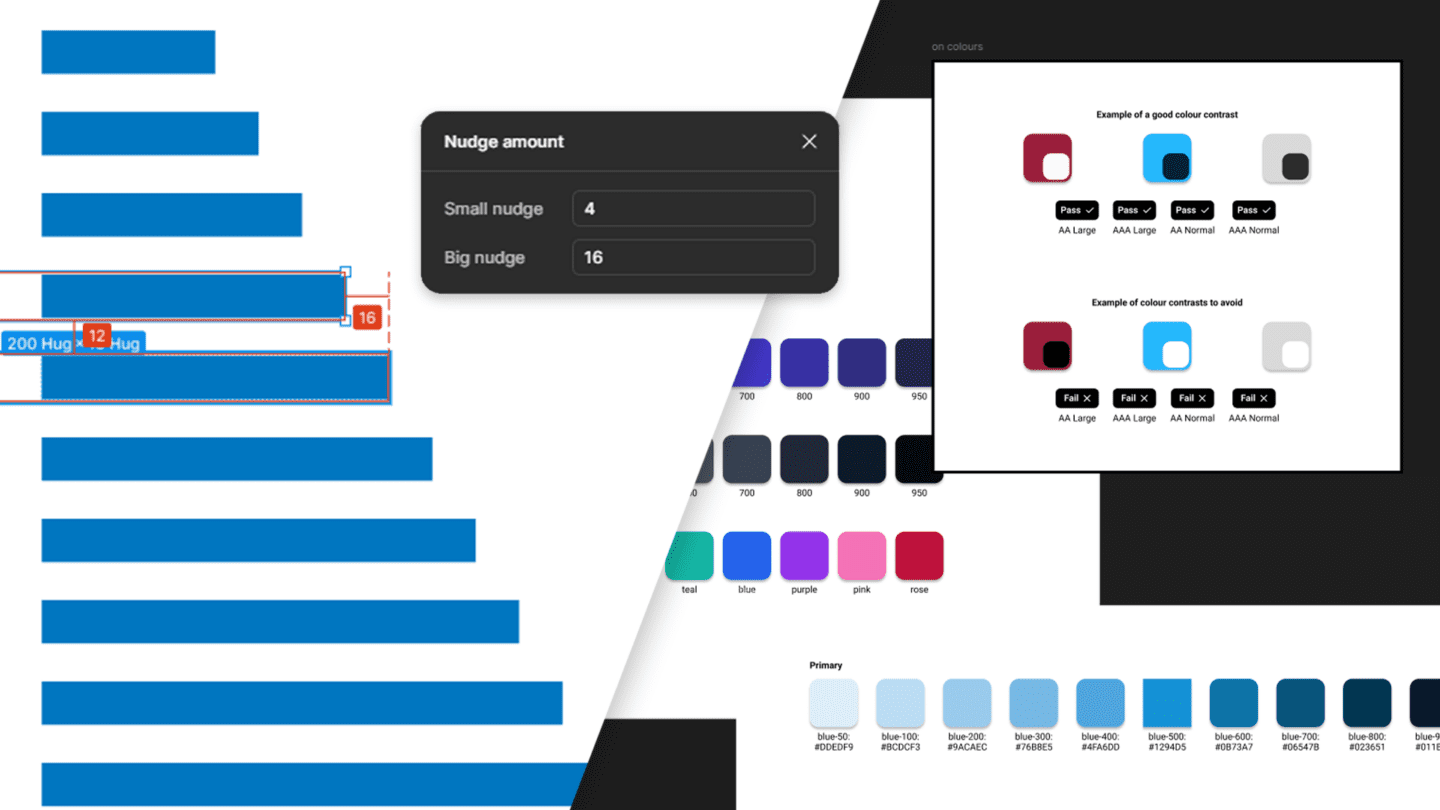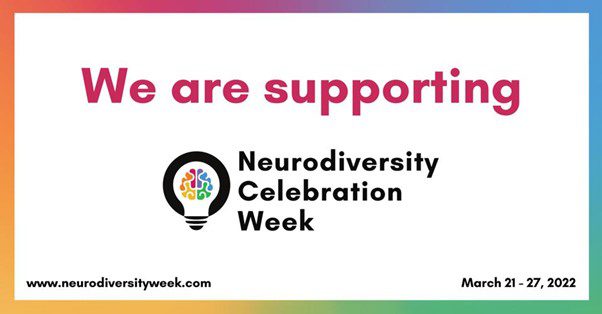
Ever since we heard Auticon UK speak about “Neurodiversity in Tech” at the Digit Expo in November 2021, we have been passionate about learning more about ways to embrace neurodiversity in our hiring practices and create more inclusive work environments.
The neurodiversity movement has been building throughout the last decade, however, there remains much to be done as a recent study by the Institute of Leadership and Management has shown that half of UK employers wouldn’t employ neurodiverse talent. Recently, Texthelp released a more hopeful study which reported that there is in fact a “growing acceptance and support” for neurodiverse employees, based on nearly 300 responses from Human Resources and DEI professionals.
To remove barriers and celebrate neuro differences, Neurodiversity Celebration Week is a worldwide initiative celebrated from 21 to 27 March that aims to challenge the stereotypes and misconceptions about neurological differences, including autism, ADHD, dyslexia, and dyspraxia. We here at Border Crossing UX are passionate about the topic, as we openly discuss the neurological differences of our staff and aim to create working methods that maximise their superpowers. From dyslexia to ADHD, we champion the differences of our team members and are constantly striving to improve our recruitment processes to reflect this as well. After all, inclusivity and accessibility are key in the User Experience!
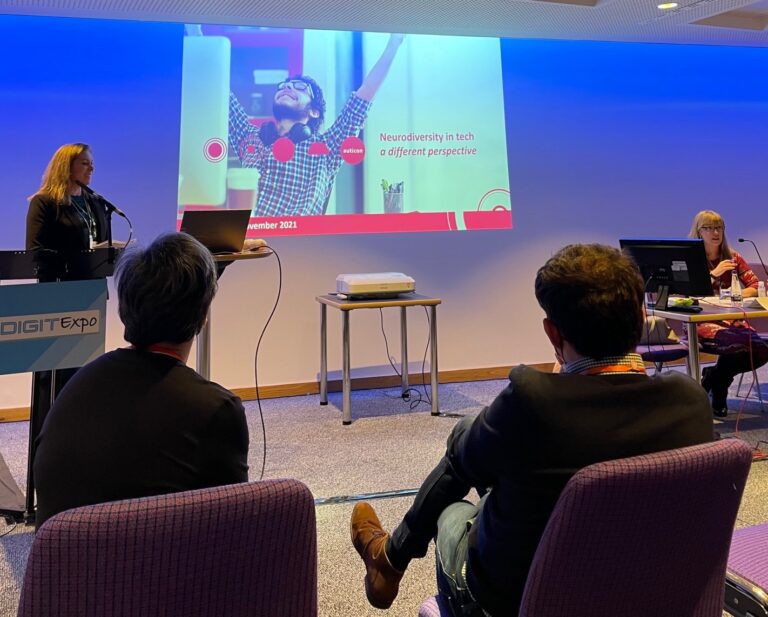
As we look back on the great work that was shared last week as part of Neurodiversity Celebration Week, we wanted to share with you the Top 5 ways companies are working to make the world a more inclusive place for people with neurological differences:
1. New Microsoft program connects recruiters with neurodiverse talent

2. Selfridges introduces quiet shopping hours:
“At Selfridges, we understand that shopping experiences for people with autism spectrum conditions, sensory sensitivities, and mental health conditions like anxiety, can be stressful.”
From last week onwards, the retailer will be hosting Quiet Hour every Wednesday, from 10 to 11 am across all of its locations. The dedicated time will allow customers with specific needs to shop in a suitable atmosphere, with lowered music volumes and, where possible, switched off screens, offering a less overwhelming environment. Similar initiatives have also been put in place by stores such as Tesco and Superdrug.
3. EY’s launch of the UK’s first Neurodiversity Centre of Excellence in Manchester
In January 2022, EY announced that they were launching the first Neuro-Diverse Centre of Excellence in Manchester with the aim to boost client innovation.
The centre was designed to create a supportive working environment for individuals with cognitive differences to apply their strengths. EY, like many other global companies such as CGI and Deloitte, have begun to adapt their recruitment processes and work environments to fit the needs of and support the talents of neurodiverse employees.
Globally, EY already has six first Neuro-Diverse Centre of Excellence in the US, one in Canada, one in India, one in Poland and one in Spain.
4.The Defence Science and Technology Laboratory Celebrates Neurodiversity by featuring their team members
The Defence Science and Technology Laboratory (DSTL), an executive agency of the Ministry of Defence of the UK Government, shared an enlightening case study video titled ‘The way my brain is wired helps me do better’ featuring AJ, a principal software engineer with Asperger’s Syndrome and dyslexia. In the video, he shares his experiences growing up, discovering his neurodiversity later in life and how he harnesses this neurodiversity for his work at the DSTL. The video does a great job at celebrating and encouraging more neurodiversity in the workplace.
5. Bupa debunks neurodiversity myths for Neurodiversity Celebration Week in Learning Disability Today
Finally, we wanted to share this great article which debunks some of the most common myths surrounding neurodiversity, such as gender considerations and the idea that all neurodiverse people have the same needs. The article also offers tips on how to ensure employee needs are being met in the workplace and features a guide for managers to help support their neurodiverse employees.
It is important to remember that some of the greatest achievements in modern history were founded by neurodivergent individuals. These include Alan Turin (believed to have been dyslexic or autistic), Albert Einstein (with evidence suggesting he had dyslexia), and Henry Ford (who had problems with schooling due to dyslexia but excelled in engineering).
While it is great to see the efforts being made by many companies, we acknowledge that there remains a lot more to be done. So as this year’s Neurodiversity Celebration Week has come to a close, what action will you and your organisation be taking beyond the week in a bid to make the workplace more inclusive for neurodivergent individuals?
